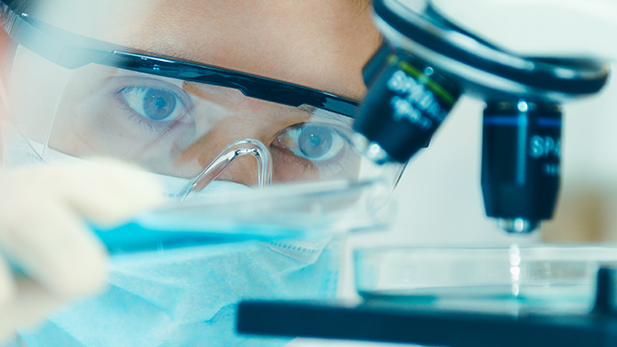Torben Pedersen – Data-driven innovation

Photo: Shutterstock
CBS researcher Torben Pedersen takes a look at our digital future from his own research perspective to provide insight into digitalisation and how it is changing our lives.
Your latest book is called Data-Driven Innovation: Why the data-driven model will be key to future success`. Isn’t this a contradiction in terms?
The title is a little bit controversial about data driven innovation because you have this idea that innovation is something about creativity and creating something new and data driven is something about existing things and computers – all programmed by people. So in the title there is already tension and could be seen as a contradiction but in our minds, there is not as there is a lot of innovation that is not necessarily about creativity – there is a lot of innovation which is much more mundane where data can help us.
You can also say data is not creating something new, but data can help us move much faster in our innovation process.
What is a digital innovation economy?
This is an economy where we make smart use of all the data also in our innovation processes. For example, pharmaceutical companies that test a lot of different formulas for new products can do this a lot faster if they can use data artificial intelligence. Companies can scan the internet or use social media to sense what the new trends are, and they can now do this in much faster and smarter way. In a digital economy you use all these vast amounts of data in a smart way – innovation, production, fine tuning products – across all the economy.
This will also help companies increase productivity. Novo Nordisk has spent massive amounts on research and development and have thousands of people looking into new products, new trends and customer preferences which will help customise products and make innovation more individualised and precise. Car and clothing production are two areas that come to mind.
How is industry 4.0 changing business?
The new technology – industry 4.0 – is a combination of new technologies that are all coming down in cost at the same time. Technologies such as flexible robots, internet of things, sensors etc. are helping break with the old mass production or outsourcing practices.
The new technology is allowing companies to have a lot more flexibility without being punished for producing on smaller scales.
Clearly there are some ethical issues to be sorted out as we as customers will want more unique products that fit our own preferences. But in order for companies to meet our unique needs they will need some data about us. Of course there is the danger that companies will use data like Facebook to sell our individual data and that is ethically very questionable, but most companies are using the data to fit their customers in a better way.
Of course there are different scenarios about how a future digital innovation economy will function and it depends on what extent we can embrace and use the new technologies. We can take the technologies and use them in a smart way and make sure we align them with ethics and peoples preferences. I think there are some positive things to look forward to – but we need to be aware – it is all manmade, so it is up to us to use the technologies in a smart way.
